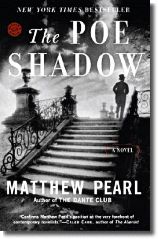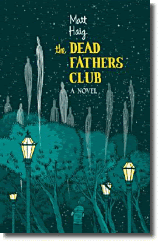Elizabeth Laird was born in New Zealand of Scottish parents, but grew up in London. Before studying French and German at university, she taught at a girls’ school in Malaysia. During her twenties she lived and worked in

Ethiopia, teaching and travelling, and was a disc jockey on a late night music show, broadcasting to Africa and India.
Laird is best known for her fiction for children and young adults. Novels include
Red Sky in the Morning (1988), about a disabled child;
Kiss the Dust (1991), about Kurdish asylum seekers in Iraq;
Secret Friends (1996);
Jay (1997), which has a drug theme; and
Jake’s Tower (2001), in which a boy has to cope with a violent stepfather.
The Garbage King (2003) is set in Addis Ababa, and is about Ethiopian street children.
A Little Piece of Ground (2003) is set in Ramallah, Palestine, from the point of view of boys caught up in the intifada.
Secrets of the Fearless (2006) is a historical adventure story set against the backdrop of Nelson's navy. Laird's latest book,
The Prince Who Walked With Lions, is a historical epic, based on a true story, about an Ethiopian prince who is torn from his mountain home and must build a new life as an "English gentleman."
One of Laird's
top ten books "showing teens tackling tough stuff and all their trials and triumphs along the way," as told to the
Guardian:
 Words in the Dust by Trent Reedy
Words in the Dust by Trent Reedy
Trent Reedy is a most unexpected children's author. He is an American National Guardsman who was called up to take part in the war in Afghanistan, and he has written a novel about a young Afghan girl with a cleft palate and a hopeless life ahead of her, who is operated on by good-hearted American surgeons. A recipe, you might think, for a whitewash of the United States' disastrous intervention in Afghanistan. You would be wrong. Words in the Dust is a subtle, nuanced story, which shows a real understanding for family life in Afghanistan, and a respect for the people and their suffering. I couldn't put it down.
Read about
another book on Laird's list.
--Marshal Zeringue
10½ Things No Commencement Speaker Has Ever Said
























